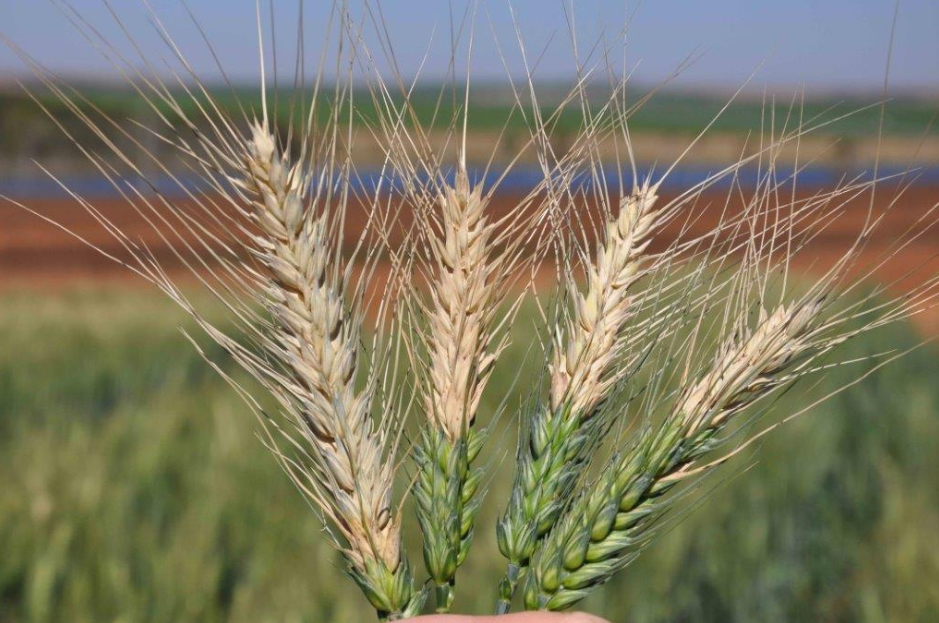Nigeria imported N2.2tr wheat in 4 years — Minister
Nigeria imported N2.2 trillion worth of wheat in the last four years by the government, the Minister of Agriculture and Rural Development, Sabo Nanono has disclosed. Nanono, who made the revelation as a guest of honour during a wheat farmers’ field day in Kano was concerned about the low production of wheat in Nigeria despite […]

Nigeria imported N2.2 trillion worth of wheat in the last four years by the government, the Minister of Agriculture and Rural Development, Sabo Nanono has disclosed.
Nanono, who made the revelation as a guest of honour during a wheat farmers’ field day in Kano was concerned about the low production of wheat in Nigeria despite the high demand.
- 10 things you probably did not know about the new EFCC boss
- How bandits are turning Kaduna communities to ghost towns
He urged state governors and other stakeholders in the wheat value chain to invest in irrigation infrastructure so as to make wheat farming attractive and competitive as rice.
The Flour Milling Association of Nigeria (FMAN) at the event said it has started an out-grower scheme to empower 800 wheat farmers in Kano, Jigawa and Kebbi States.
The scheme would incorporate input loan and training on modern farming techniques to the farmers with a view to boosting their annual output and reduce production cost.
The head of FMAN, Wheat Development Programme, Sarah Huber, said: “We are expanding our procurement as an industry across the wheat-producing states through additional aggregation and warehouse capacity, including the commitment to off-take all wheat grain meeting basic quality standards.”
She said the ultimate objective is to make wheat competitive with rice and other dry season crops, noting that wheat farmer service centres have been established in 15 local government areas in Jigawa, Kano and Kebbi States to drive the 2020/2021 wheat farming season.
Huber also said the centres would provide free training to farmers on modern farming methods and would also serve as points for direct off-take of wheat grains for up to 5,000 farmers.
